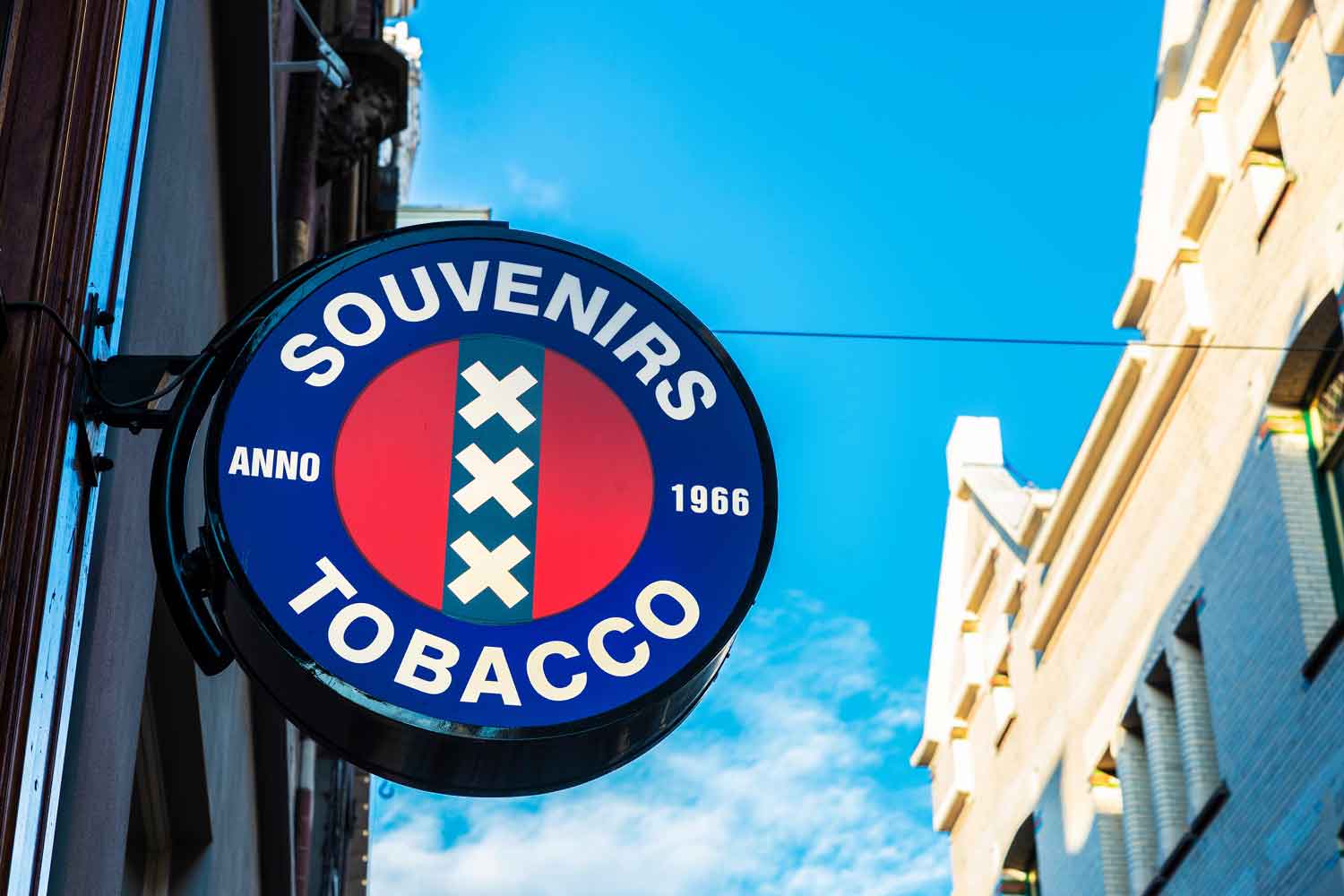More than a year after the Dutch government banned tobacco sales in supermarkets, the feared wave of small supermarket closures has proven less severe than anticipated, according to a new report by Dutch news organization NOS.
While concerns were raised about the survival of village supermarkets—especially in towns with under 5,000 residents where tobacco sales made up a substantial portion of revenue—only 27 closures occurred among the 542 supermarkets, market researcher Locatus found.
“That’s better than I expected,” supermarket expert Laurens Sloot said. “The business model of small supermarkets was already under pressure before the tobacco ban. They often have less than 1% profit margin on their annual turnover.”
Larger supermarkets, by contrast, saw just a few percent decline in turnover due to the ban. However, the loss of tobacco foot traffic has hurt village stores more, as smokers may now choose to shop entirely in nearby cities. Retail analyst Peter ter Hark noted that the ban compounds existing challenges like rising labor costs, automation expenses, and shrinking profit margins. He and Sloot both warned that the trend of small supermarket closures will likely continue, with 15% of stores expected to close in the next decade.




